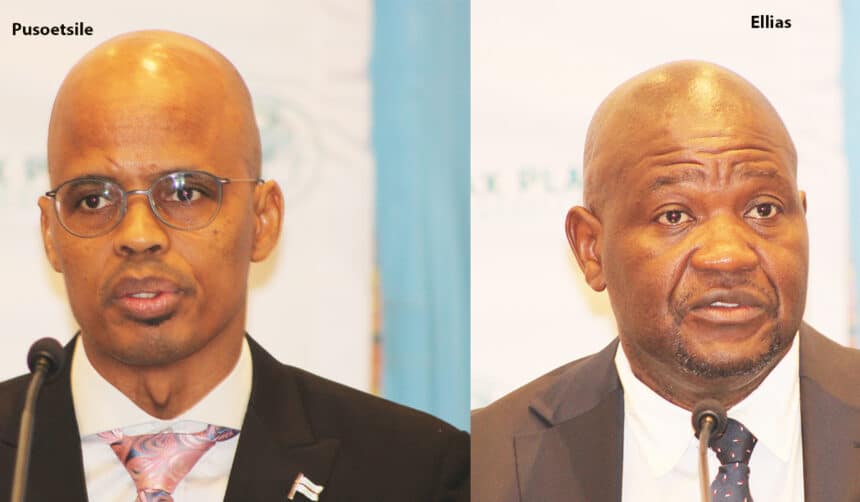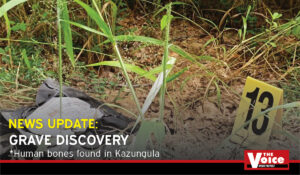Botswana International University of Science and Technology (BIUST) has embarked on a groundbreaking venture in the realm of astronomy, forging partnerships with the South African Radio Astronomy Observatory, Max-Planck Geselleschaft (MPG), and Deutsches Zentrum Fur Astrophysik (DZA) from Germany.
Together, they are set to establish Botswana’s inaugural radio telescope, delving into the mysteries of the cosmos.
The collaboration will see the three institutions contributing the telescope infrastructure, sub-systems, and technical expertise, while Botswana focuses on infrastructure development.
This innovative partnership combines cutting-edge technology, scientific curiosity, and a shared commitment to exploration, aiming to leverage the latest advancements in radio astronomy for unprecedented insights into space.
BIUST Council Chairman, Edwin Ellias, emphasized the significance of this partnership for Botswana’s educational development, stating, “The construction of this radio telescope represents a new era of hope for Botswana’s future generation, offering many opportunities for scientific exploration and breakthroughs.”
He encouraged universities, state-owned enterprises, and the private sector to explore opportunities in astronomy, recognizing the potential for economic growth through knowledge and findings in this field.
Botswana’s commitment to astronomy dates back to 2011 when the Ministry of Infrastructure, Science, and Technology initiated efforts.
BIUST, in collaboration with the University of Botswana (UB), has been entrusted with the project, with BIUST serving as the observatory host and UB providing support with High Performance Computing facilities.
Permanent Secretary in the Ministry of Communications, Knowledge Pontsho Pusoetsile, highlighted the economic prospects of space science, expressing the country’s interest in the growing commercial opportunities, including satellite communication, Earth observation, navigation systems, and space tourism.
He also noted BIUST’s progress in its satellite program, having completed the ground station.
BIUST, established in 2006, aims to steer Botswana from a mineral-led to a knowledge-driven economy by conducting pioneering research in science, engineering, and technology.
The institution’s five-year development plan for Astronomy and Planetary Science, launched in 2020, encompasses projects such as the African Very Long Baseline Interferometry Network (AVN) Telescope, the Hydrogen Intensity Real-time Analysis experiment (HIRAX), and the National Optical Observatory (ASTRO PARK), featuring an optical Observatory and a Planetarium.
The plan is anticipated to run until the 2025/26 financial year.




















